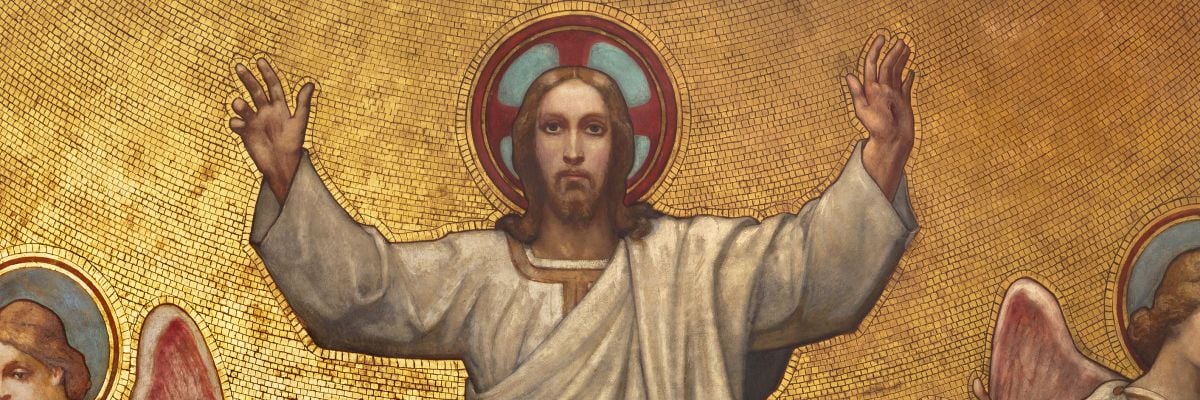
Question:
Answer:
What may appear as a loophole is a consequence of misinterpretation or mistranslation. The King James Version and others translate the passage into English words that appear to say fornication, unchastity, or adultery are exceptions that allow a divorce.
The constant teaching of the Church has been that a valid sacramental marriage can not be broken, even if one party sins. As Matthew 19:6 says, “Therefore, what God has joined together, no human being must separate.” Biblical scholars, such as J. Bonsirven, have pointed out that the Greek word that is pivotal here is “porneia,” which means unlawful sexual intercourse. The Gospel does not use the Greek word “moicheia,” which is the ordinary Greek word for adultery.
The intent appears to be to distinguish a true marriage from concubinage. What is being said is that if a man and a woman are in fact married, the bond is inseparable. But if they are not married, just “living together,” then there is no lawful marriage and there can be a separation or annulment. The wording of the New American Bible for Matthew 19:9 is a translation that gives us this sense.


